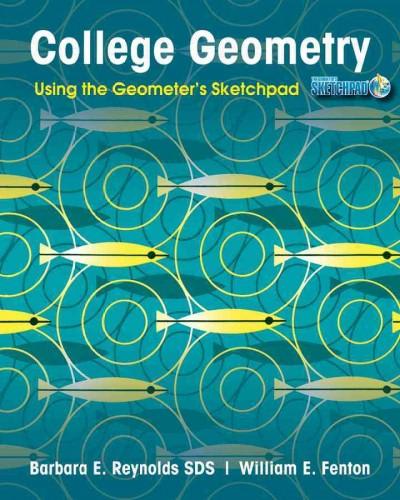Question
1. Diners at Raku Restaurant give a 16.4% tip, per person, on average, with a standard deviation of 1.3%. The servers at the restaurant want
1. Diners at Raku Restaurant give a 16.4% tip, per person, on average, with a standard deviation of 1.3%. The servers at the restaurant want to know if putting a smiley face on customer's check would increase the tip percentage. On 30 randomly selected checks, the server drew a smiley face before handing them to the customers, and found that on average, those customers gave a 17.9% tip. Did drawing a smiley face affect tips? Conduct a two-tailed test with= .05. Include and clearly label all four steps of the hypothesis test, as well as a sketch of the critical regions and the test statistic. In Step 4, be sure to indicate both whether the null hypothesis is rejected and whether the treatment has an effect or not. (You do not need to convert the tip percentages into decimals.)
2. In Question 1, would the p-value be greater than or less than .05?
3. In Question 1, what is the difference that was observed between the average tip amount with the smiley faces and the original average tip amount without the smiley faces? What is the difference between those two averages that one would expect if the smiley faces had no effect?
4. For each of the followingp-values, indicate whether the effect is statistically significant or not statistically significant at the= .05 level. (Circle the correct answer.)
p= .10. statistically significant. not statistically significant
p= .49. statistically significant. not statistically significant
p= .006. statistically significant not statistically significant
5. People suffering from the flu take an average of 8.9 days to fully recover, with a standard deviation of 0.8. A drug company has developed a new medication that purports to help people recover in fewer days. To test this claim, a researcher administered this drug to 25 flu sufferers and found that it took them an average of 8.5 days to recover. Did the new medication affect recovery time? Conduct a two-tailed test with = .05. Include and clearly label all four steps of the hypothesis test, as well as a sketch of the critical regions and the test statistic. In Step 4, be sure to indicate both whether the null hypothesis is rejected and whether the treatment has an effect or not.
6. In Question 5, what is the actual difference between the average recovery time for patients who took the new drug compared to the normal average recovery time? What is the difference you would expect if the drug had no effect at all?
7. In Question 5, the exactp-value is .0124. What does this mean? (Circle the correct answer)
There is a 1.24% probability that the drug doesn't work.
There is a 1.24% probability that the researchers would have made the mistake of
concluding that the drug does not work when it really works.
If the drug didn't work, then there is a 1.24% chance that the researchers would
have found an average recovery time of 8.5 days or more extreme in their sample.
If the drug didn't work, then there is a 1.24% chance that the researchers would
have found an average recovery time of exactly 8.5 days in their sample.
8. If you were to decrease the alpha level, would the critical region increase or decrease in size? Would the boundaries for the critical region move closer or farther away from the mean?
9. Would decreasing the alpha level make it more or less likely that one would reject the null hypothesis (i.e., find statistically significant results)?
10. Explain, in your own words, how we use the probability of the distribution of sample means to conduct hypothesis tests.
Step by Step Solution
There are 3 Steps involved in it
Step: 1

Get Instant Access to Expert-Tailored Solutions
See step-by-step solutions with expert insights and AI powered tools for academic success
Step: 2

Step: 3

Ace Your Homework with AI
Get the answers you need in no time with our AI-driven, step-by-step assistance
Get Started


